In today’s workplace, the only constant is change. Disruptive technologies, changing political environments and volatile economic conditions mean that as the demands on an organisation change, so must people. An ambitious company needs to employ adaptable, driven individuals who can help the business continue to innovate whilst developing their own potential.
While most people associate learning with formal education, ‘schooling’ is only one type of learning. There are many other opportunities to further your knowledge and develop the skills you need throughout life. On a personal level, continuous learning is about the constant expansion of skills and skillsets through learning and increasing knowledge. On a professional level, continuous learning is about further expanding your skillset in response to changing environments and new developments.
Continuous learning is important to:
- Remain relevant
Don’t get left behind. Ensure you remain relevant to your industry by keeping up to date with trends and adapting your skill set. Learning new skills and understanding how the rapidly changing world impacts business is essential to employability and in order to contribute to the growth of a business’ bottom line. - Enable us to adapt to change
The knowledge gained from learning new skills or keeping your existing skillset current can help you adapt to unexpected changes, for example, moving on to another team or alterations to a large-scale project. Learning opens our minds up to new possibilities and opportunities and helps us to see things from different perspectives, often making it easier to adapt to change. For example, gaining experience of human resource management when in a HR role, can help us to understand the workforce planning and salary forecasting that finance teams typically undertake. - Boost your profile and confidence
When you’re continuously learning, you’ll keep improving and growing in your career and start to receive recognition from colleagues and managers. The chances are that you’ll switch jobs multiple times throughout your life, and you will need to learn new skills to adapt accordingly. According to the NHS, learning new things gives us a feeling of accomplishment, which in turn boosts our confidence and self-esteem, both of which are essential for career development. - Spark new ideas
Acquiring new skills can not only unveil new opportunities, but also help you find innovative solutions to problems. For example, understanding more about how a specific piece of software works, can make you see how it could benefit other departments within the business or reduce information silos. Often ideas for new ventures, businesses or leading business innovation are sparked whilst learning. - Develop leadership skills
Passing the new skills you’ve learnt on to colleagues helps to develop your leadership and communications skills. Not only that, but by becoming an advocate for continuous learning you’ll encourage others to pursue further education too. - Create a culture of continued learning
It’s not just individuals that stand to gain from lifelong learning. Today, an increasing number of companies want to invest in retaining their talent – and developing their talent pool – so they keep employees well trained and up to date with relevant skills so that they can respond to the company’s ever-changing needs. Embracing a culture of “investing in people” also develops a sense of trust and keeps employees engaged and interested since new skills are constantly added to their portfolio. Apart from saving money, continuous learning is a means for a company to show its employees they are worth investing in.
If continuing your own professional development is something that appeals to you, Wrexham University’s online Masters of Business Administration (MBA) degree may be the right path for you. It’s designed for professionals with ambitious goals who are looking to fast-track their career by gaining a deeper understanding of business and leadership skills. It covers key business disciplines including marketing, finance, strategy and human resource management, developing practical and theoretical business leadership skills – teaching you how to think critically, plan effectively and implement strategic plans with maximum impact.
The 100% online curriculum has been designed to enable you to study at your own pace, on your own terms. With six start dates per year, you can start within weeks of taking the decision to enrol. There are flexible payment options and postgraduate government loans to cover the full programme cost for those that are eligible, and our strong relationships with major employers contribute to programme content and have helped to shape an MBA that is built for career enhancement across a wide range of industries.
To find out more, or to apply, visit https://online.wrexham.ac.uk/mba/




